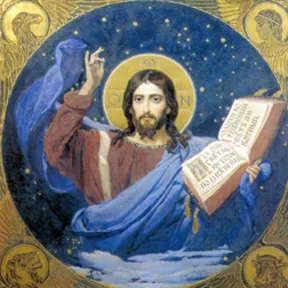The Origin of Enoch Will Blow Your Mind
Enoch, a captivating figure in both biblical and Enochian traditions, reveals fascinating connections to older myths, particularly from Ancient Sumer.
One striking example is the parallel between the story of Enoch's ascent to heaven and the myth of Adapa, featuring Anu, the sky god, summoning Enoch for breaking the wings of the south wind.
In the Adapa myth, Enki, the god of wisdom, deceives Adapa into abstaining from the food and drink of immortality, leading to his return to humanity. Enoch's story mirrors this pattern, but with a unique twist.
In the context of the Enochian tradition, Enoch emerges as a countercultural figure, challenging and subverting the earlier mythological traditions, particularly the Babylonian legacy.
The biblical narrative of Enoch undermines the grandiosity of the Tower of Babel and the Babylonian aspirations associated with it. Enoch's emphasis on divine encounters, heavenly revelations, and his ultimate destiny as a mortal contrasts with the Babylonian tradition's lofty ambitions.
The inclusion of Enoch in the Enochian literature showcases a deliberate reimagining of ancient myths and the construction of a distinctive theological framework. Enoch's role as a prophet and visionary enables the development of unique perspectives on cosmology, divine communication, and humanity's fate.
Exploring these connections deepens our understanding of the intricate interplay between religious traditions, mythological reinterpretations, and the evolution of theological concepts in the ancient Near East.
Enoch's enigmatic story exemplifies how ancient traditions were reshaped, reflecting cultural and religious shifts that have influenced subsequent religious and literary traditions.















































